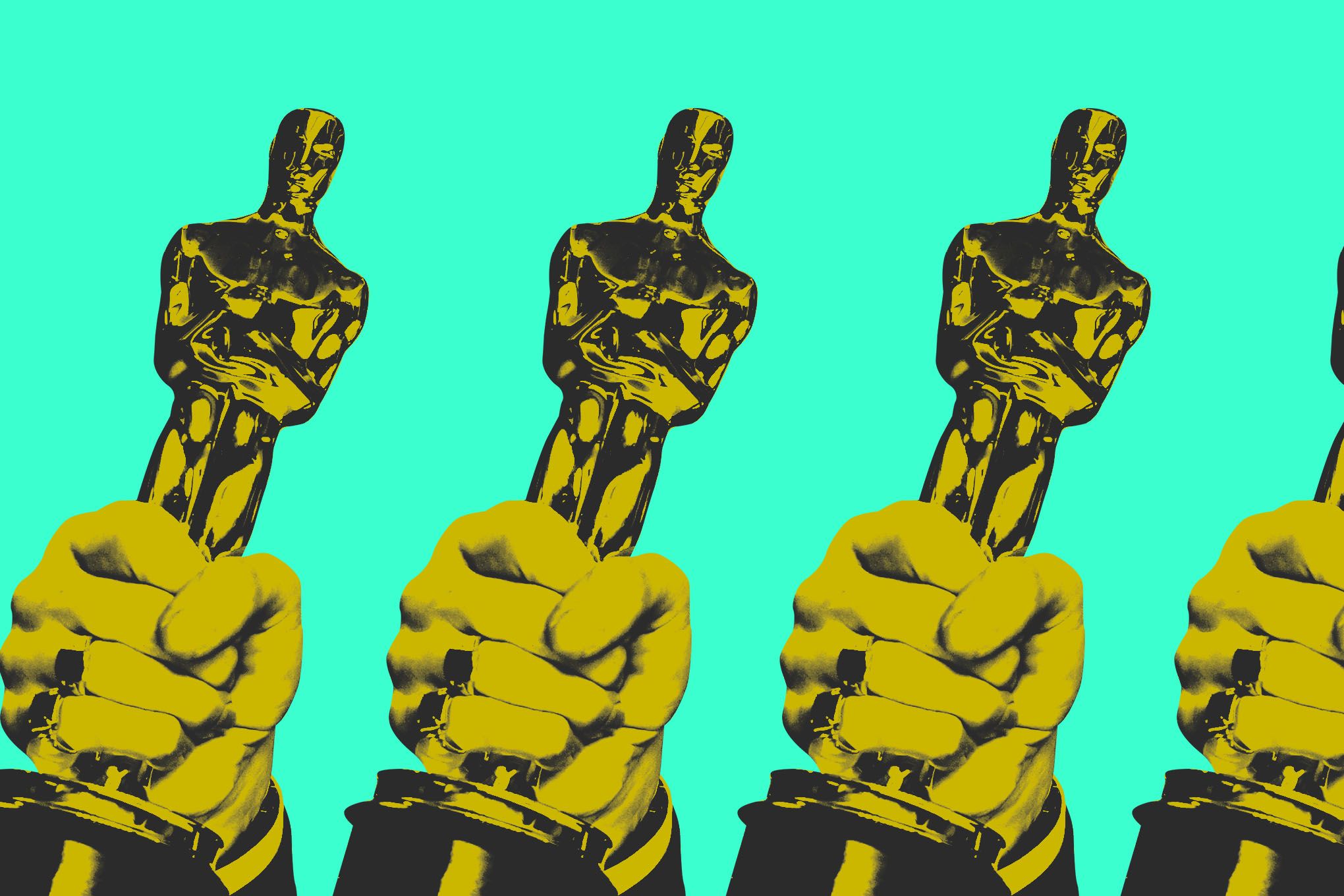OpenAI just dropped Sora into the entertainment industry like a digital bomb, hitting 1 million App Store downloads while Hollywood executives fumbled for answers at Bloomberg's Screentime event. The stark disconnect between Silicon Valley's confidence and entertainment's paralysis reveals an industry about to be steamrolled by AI technology it doesn't understand.
OpenAI CEO Sam Altman stood on stage at DevDay this week, presenting Sora as a creative revolution. The video generation app wasn't just another AI tool - it was OpenAI's declaration that the entertainment industry's old rules don't apply anymore.
"On the whole, creators, rights holders, people are very excited about the potential of this," Altman told reporters during a media Q&A in San Francisco, according to The Verge's Alex Heath. "They believe it will deepen connection. It's kind of like a new generation of fanfiction."
But 400 miles south in Los Angeles, the mood at Bloomberg's Screentime event couldn't have been more different. Hollywood's power players - the same executives whose content likely trained Sora without permission - struggled to articulate any coherent response to the AI tsunami heading their way.
Netflix co-CEO Greg Peters completely sidestepped Bloomberg's Lucas Shaw when asked directly about Sora, instead pivoting to safer ground about AI's "boring" applications in production workflows. Paramount Skydance CEO David Ellison took a similarly evasive approach, calling AI a "new pencil" for creators - a metaphor that dramatically understates the seismic shift his industry faces.
The entertainment industry's copyright mantra rang hollow throughout the LA event. "We care about copyright" became the equivalent of thoughts and prayers - repeated endlessly but backed by zero concrete action. Meanwhile, reports from The Hollywood Reporter suggest OpenAI clearly trained Sora on copyrighted material without permission, and early versions of the app showed little shame about generating content that obviously borrowed from existing IP.
The one executive who broke from the pack was Warner Music CEO Robert Kyncl, formerly of YouTube. His company's position was crystal clear: AI companies must license content before training, period. "There will be repercussions for those who don't follow the rules," Kyncl warned.












